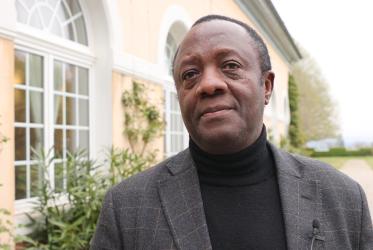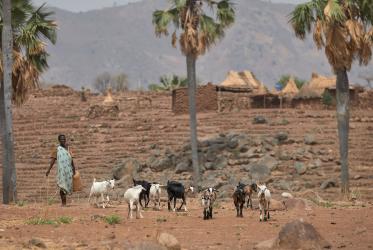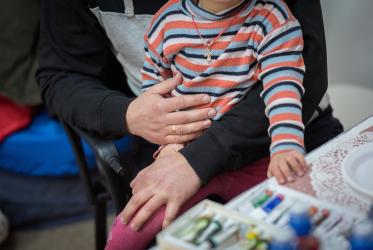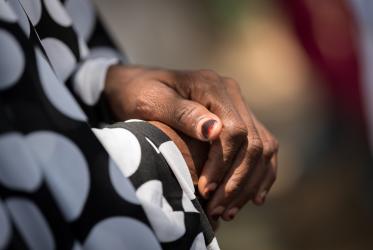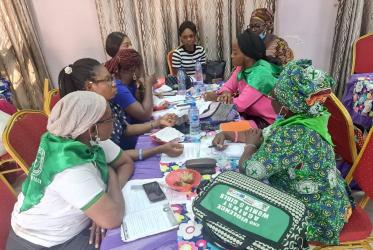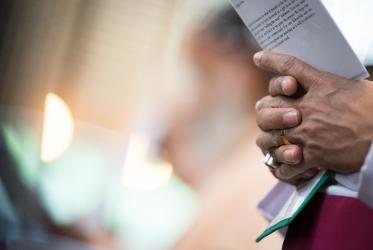Displaying 1 - 20 of 192
01 February 2024
WCC leaders recall life-changing experiences from early days
10 February 2022
Nigerian churches train women and girls on human rights
20 December 2021
New student body at Bossey Ecumenical Institute “a source of joy”
14 September 2020



